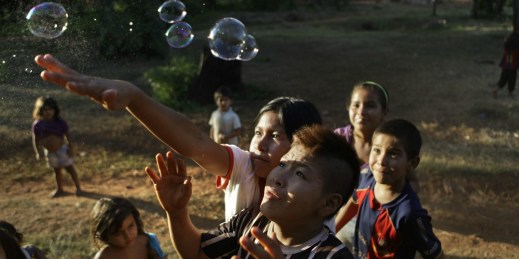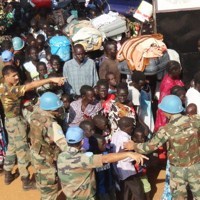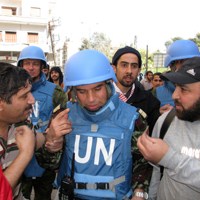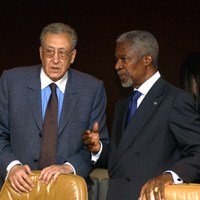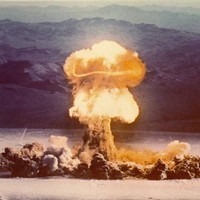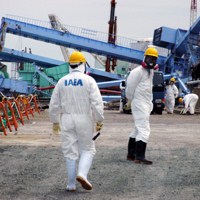
Last week’s special session of the board of governors of the International Atomic Energy Agency (IAEA), convened primarily to secure emergency funding for enhanced safeguards activities in Iran, provided an acute reminder of both the IAEA’s importance and its precarious financial situation. The international community demands ongoing high performance from the agency, while chronically failing to replenish resources perilously close to exhaustion. And yet, given the agency’s central role in key nuclear nonproliferation and security efforts, the stakes could not be higher. The IAEA is integral to international efforts as diverse as implementing the interim nuclear deal—and any potential follow-on […]


